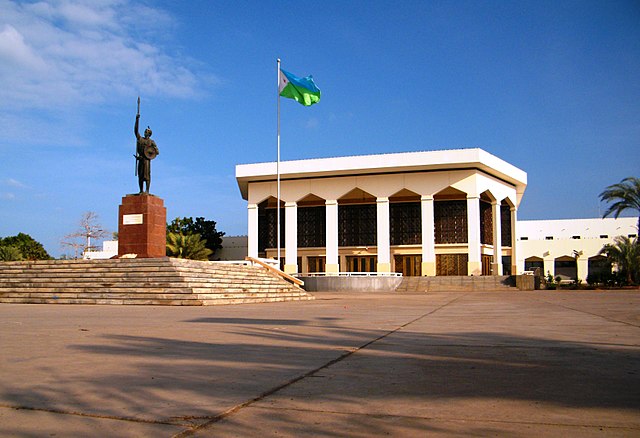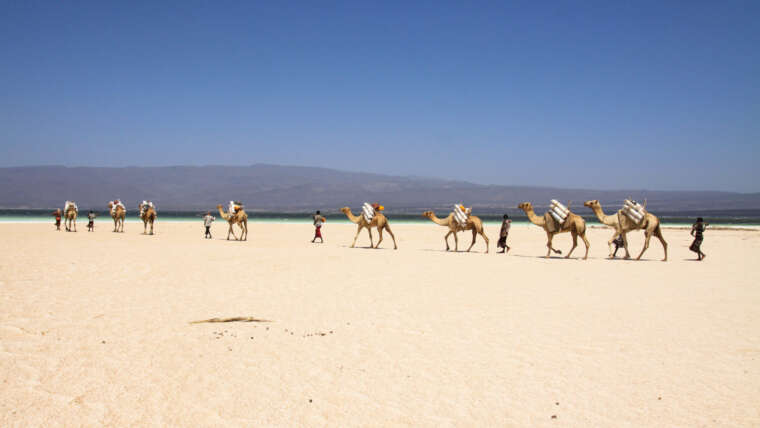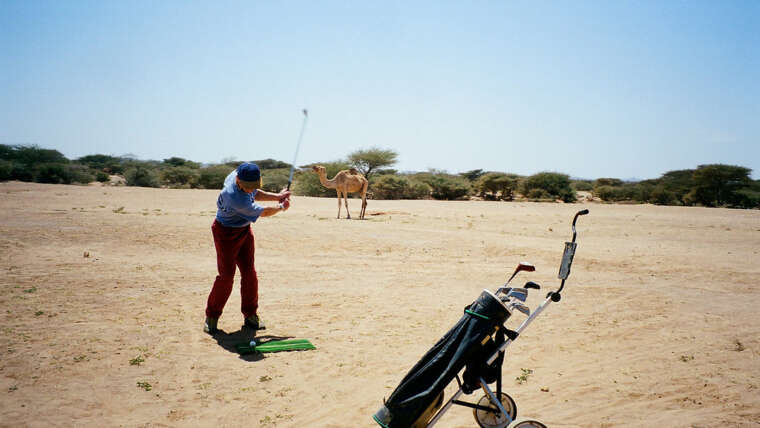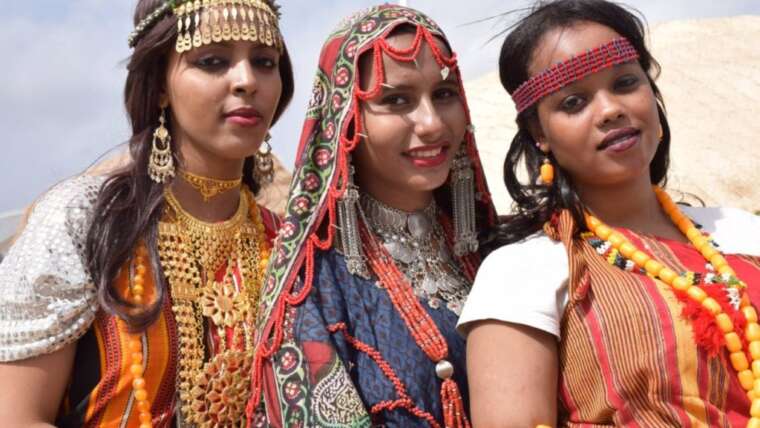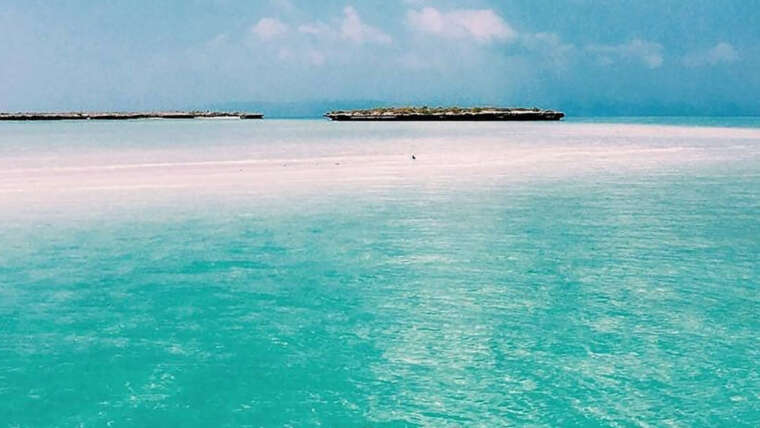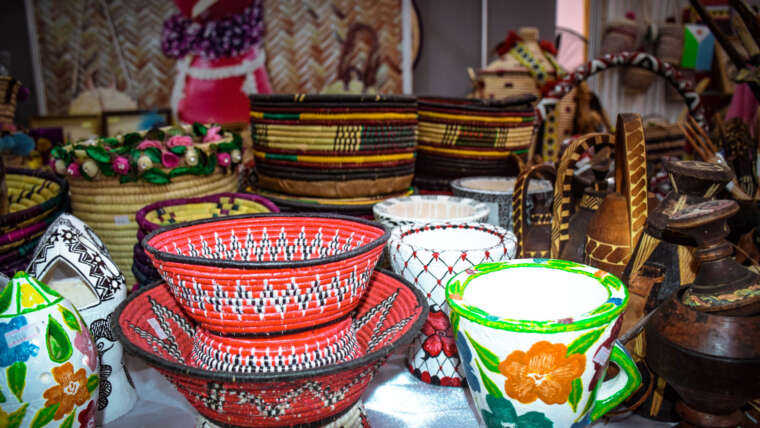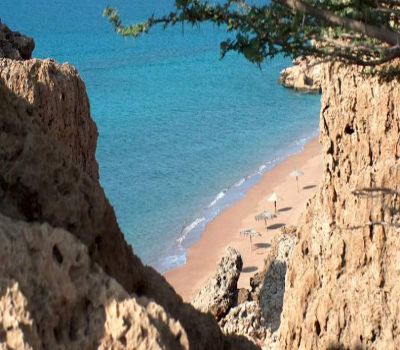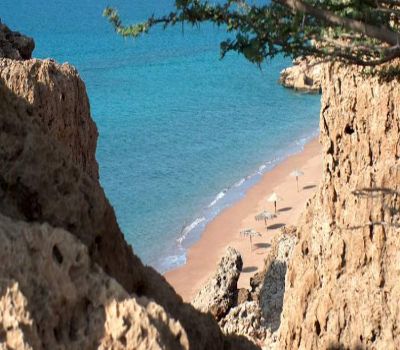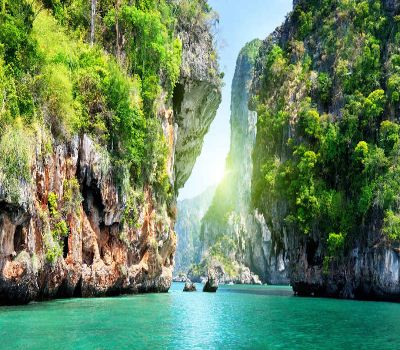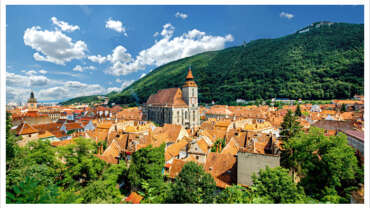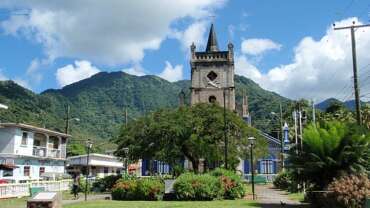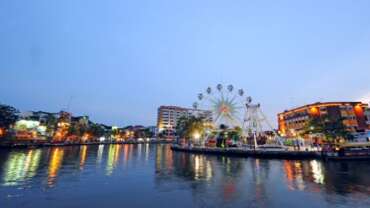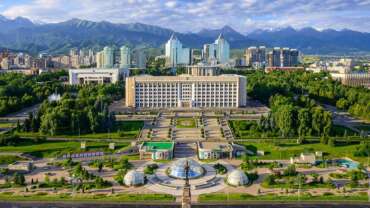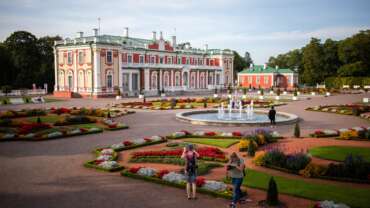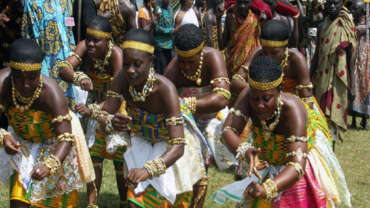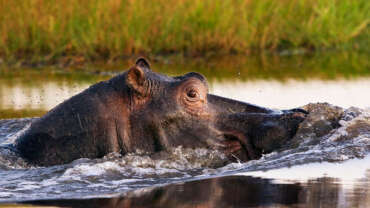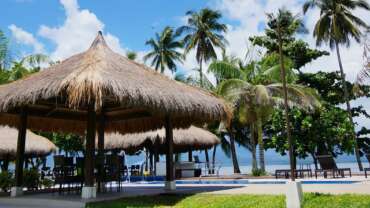Welcome to Djibouti!
The Republic of Djibouti is located halfway between the Equator and the Tropic of Cancer. Its location on the eastern coast of Africa at the outlet of the Red Sea and the Gulf of Aden, that is to say between Suez and the Far East was with the vicinity of the rich provinces of Abyssinia at the origin of its strategic importance.
Djibouti has both continental and maritime borders: 520 kilometers of land borders limit the territory to the north, west and south of Ethiopia, and to the south-east of Somalia. 370 km of coastline extends from Ras Doumeira in the north to the village of Loyada in the south. Its total area is around 23,200 km2.
History of Djibouti
Independence and the Gouled presidency (1977–99)
Balancing ethnic tensions
On June 27, 1977, the French Territory of the Afars and the Issas became independent, taking the name Djibouti, with Hassan Gouled Aptidon as president. On the eve of independence, Djibouti’s viability as a sovereign state was questionable. However, fears that the Afar and the Issa Somali would become pawns in a struggle between the republic’s rival neighbours, Ethiopia and Somalia, did not materialize. No Djiboutian political leader, either Afar or Somali, ever condoned unification with either of the larger states. Indeed, Djibouti established a peaceful international profile through a policy of strict neutrality in regional affairs. In keeping with friendship treaties with both Somalia and Ethiopia, the government refused to support armed groups opposing the neighbouring regimes, and it hosted negotiations between Somalia’s and Ethiopia’s leaders that resulted in a series of accords in 1988.
Djibouti’s balanced posture in external relations was reflected in its internal politics. Gouled, an Issa Somali, was elected to two consecutive terms as president in 1981 and 1987. Barkat Gourad Hamadou, an Afar serving as prime minister since 1978, was reappointed in 1987. Power appeared to be shared, with ministry appointments following a formula designed to maintain ethnic balance.
In the first years of self-government, though, ethnic tensions were evident. By 1978 the state had experienced two cabinet crises and changes of prime minister. Those ousted were Afars accused of fomenting ethnic strife. After opposition parties were banned in 1981, ethnic conflict in the political arena was for the most part minimal. However, Issa predominance in the civil service, the armed forces, and the Popular Assembly for Progress (Rassemblement Populaire pour le Progrès; RPP)—now the only legally recognized political party—was only slightly masked, and occasional tremors of social unrest disturbed Djibouti’s superficial calm.
Urban development and challenges
Challenges to Djibouti’s stability could not be reduced to traditional Afar and Issa enmity; signs of the serious problems facing the young nation were also to be found in the urban demography of its capital. On the outskirts of the city, an expansive squatter community known as Balbala, which originally developed just beyond the barbed-wire boundary erected by the French colonial administration to prevent migration to the capital, tripled in size within a decade after independence. In 1987 it was officially incorporated into the city, with the promise of development of basic water and sanitary services. Its growth continued because of a high birth rate, rural migration, and displacement of persons from the urban core.
Conditions in some of the densely populated quarters of Djibouti city were only marginally better than in Balbala. Structures were limited to wood and corrugated iron by colonial, and later national, restrictions on the construction and location of permanent dwellings. Distinct ethnic enclaves were identifiable: the retail centre surrounding the main mosque (Hamoudi Mosque) and the former caravan terminus (Harbi Square), housing the Arab community; the neighbourhoods radiating beyond this area, settled by the Isaaq, Gadaboursi, and Issa Somali; and the quarter known as Arhiba, built by the French to house the Afar dockworkers recruited from the north of the colony in the 1960s.
As the urban infrastructure was developed, and as government-subsidized housing was realized through international aid programs, conditions in the old districts of the city improved. Yet the needs remained immense, and progress was accompanied by perceptions of ethnic favouritism. Discontent was also fostered by a high cost of living, unemployment, and a widening gap in living conditions between the majority of the population and the new urban elite.
Multiparty politics and civil war
Djibouti’s status as a single-party state ended when a new constitution promulgated in 1992 introduced multiparty politics, although the number of political parties allowed to participate in the political process was initially limited to four. In the subsequent multiparty presidential election held the following year, Gouled emerged victorious over opposition candidates by a wide margin of victory.
Meanwhile, the country’s ethnic tensions had continued to simmer, and in late 1991 the Afar Front for the Restoration of Unity and Democracy (Front pour la Restauration de l’Unité et de la Démocratie; FRUD) took up arms against the Issa-dominated government; the conflict quickly developed into civil war. By mid-1992 FRUD forces occupied some two-thirds of the country, although the territory that they held consisted of sparsely populated rural areas. In 1994 internal dissent within FRUD’s leadership caused the group to splinter. Later that year a power-sharing agreement signed by the government and primary FRUD group largely ended the conflict, although the final peace agreement would not be signed until 2001. As part of the 1994 agreement, some FRUD leaders became ministers in the government, and FRUD was allowed to register as a legal political party in 1996.
Djibouti under Guelleh
In 1999 Gouled announced that he would not stand in the presidential election scheduled for April, and the RPP nominated Ismail Omar Guelleh, a former cabinet secretary and Gouled’s nephew, as its candidate. Guelleh easily beat his opponent, Moussa Ahmed Idriss, who represented a small coalition of opposition parties. In 2001 the long-serving prime minister Hamadou resigned for health reasons, and Guelleh named Dileita Muhammad Dileita, an accomplished public servant, to the post. Dileita, like his predecessor, was an Afar, and Guelleh’s appointment of him to the post maintained the balance of power between the Afars and Somali Issas that Gouled had established after independence.
In 2002 the previous restriction on the number of political parties was lifted, which allowed for the creation of many new legally recognized political parties and offered the potential for change in Djibouti’s political landscape. One such change was the creation of the Union for the Presidential Majority (Union pour la Majorité Présidentielle; UMP) coalition, which included both the RPP and FRUD and was formed in preparation for the 2003 legislative elections.
Despite the problems affecting Djiboutians at the time, including a serious drought and food shortage, it was the presence of U.S. troops in the country that appeared to be the dominant campaign issue. U.S. troops had been in Djibouti since 2002 to utilize the country’s strategic location during the U.S.-led global campaign against terrorism. The opposition argued against the government’s decision to allow the troops in the country, saying it could provoke acts of terrorism against Djiboutians. Despite the argument, the UMP prevailed in the election, taking all parliamentary seats. Although Guelleh continued to cultivate diplomatic ties with the United States, he was openly critical of its role in the Iraq War that began in 2003, citing the lack of UN approval for the operation, and he did not allow the U.S. to launch any attacks from Djibouti. Whether the presence of U.S. troops would be an issue in future elections was not immediately known. The next scheduled election—the 2005 presidential poll—was boycotted by the opposition, who cited the need for greater transparency and electoral change. As a result, Guelleh was the only candidate, and he won 100 percent of the vote.
Djibouti’s somewhat acrimonious relationship with neighbouring Eritrea (a former Ethiopian province that had gained independence in 1993) worsened in April 2008 when Eritrea amassed troops along the Ras Doumeira border area of Djibouti; this action resulted in border skirmishes that in June led to the deaths of more than 30 people and injuries to many more. Eritrea’s actions were widely criticized, notably by the African Union, the United Nations Security Council, and the Arab League, and the UN Security Council imposed sanctions on Eritrea in 2009. Eritrean troops eventually left Djibouti in June 2010. Eritrea remained under UN sanctions until November 2018, when the Security Council agreed to lift them. This came on the heels of a September 2018 agreement between Djibouti and Eritrea to restore relations and was one of several rapprochements that occurred in 2018 among the various Horn of Africa countries, inspiring hope for a future of greater regional stability.
Meanwhile, Guelleh’s desire to remain in office was strengthened when a constitutional amendment that abolished term limits was passed in April 2010, thus allowing him to run for a third term in 2011. The 2011 poll was also boycotted by the opposition, though Guelleh was challenged by one candidate, Mohamed Warsama Ragueh, who ran as an independent. Guelleh still won a decisive victory, garnering some 80 percent of the vote.
Parliamentary elections held in February 2013, in which Guelleh’s UMP coalition won some two-thirds of the seats, generated protests and the arrest of several opposition leaders. The political climate remained tense into the next year, with the detention of opposition members, sometimes followed by arrests of journalists covering the situation.
As the 2016 presidential election approached, Guelleh, who was one of six candidates, seemed assured of another victory. The country’s opposition coalition was in discord, with some of the parties boycotting the election and others fielding two candidates to challenge the incumbent. Guelleh was declared the winner of the April 8, 2016, election, reportedly receiving about 87 percent of the vote. Several opposition leaders disputed the results, alleging fraud. The opposition boycott was repeated in the parliamentary elections held on February 23, 2018. Unsurprisingly, Guelleh’s UMP coalition won more than four-fifths of the seats.
People of Djibouti
Ethnic groups
On the basis of linguistic criteria, the two largest ethnic groups are the Somali and the Afar. Both groups speak related, but not mutually intelligible, eastern Cushitic languages.
The Afar (Denakil, or Danakil) speak a language that forms a dialect continuum with Saho. Saho-Afar is usually classified as an Eastern Cushitic language of the Afro-Asiatic language phylum. The Afar live in the sparsely populated areas to the west and north of the Gulf of Tadjoura. This region includes parts of several former as well as extant Afar sultanates. The sultans’ roles are now largely ceremonial, and the social divisions within the traditional Afar hierarchy are of diminished importance. The Afar are also found across the border in neighbouring Ethiopia. Their population distribution in the two countries forms a pattern that is somewhat elongated and triangular in shape and is often referred to as the “Afar triangle.”
The Somali, who also speak an Eastern Cushitic language, are concentrated in the capital and the southeastern quarter of the country. Their social identity is determined by clan-family membership. More than half the Somali belong to the Issa, whose numbers exceed those of the Afar; the remaining Somali are predominately members of the Gadaboursi and Isaaq clans that migrated from northern Somalia during the 20th century to work on the construction of the Djibouti–Addis Ababa railway and Djibouti city’s port expansion.
Djibouti city is home to a long-established community of Yemeni Arabs and houses a sizable contingent of French technical advisers and military personnel. In recent decades these groups have been joined by small but significant numbers of ethnic Ethiopians as well as Greek and Italian expatriates.
Language
The republic recognizes two official languages: French and Arabic. However, Somali is the most widely spoken language, although it is rarely written and is not taught in the schools. The use of Afar is mostly restricted to Afar areas. Many Djiboutians are multilingual.
Fluency in French is particularly important for those with political aspirations. French is the means of instruction in primary and secondary schools, although Arabic is also taught as the first language at both these levels.
Religion
More than nine-tenths of the population is Muslim; nearly all adhere to the Sunni branch of Islam. Some Christian religions are represented in Djibouti, including Eastern Orthodoxy and Roman Catholicism.
Art & Culture of Djibouti
The arts and cultural institutions
Among students of literature, Djibouti is best known for having been the sometime home of the French poet Arthur Rimbaud, who lived in Djibouti for several years. Rimbaud lends his name to a cultural centre housing a small library and museum, on the grounds of which an annual music festival takes place. This festival draws performers from all over the country, and live recordings of headliner acts have proved popular with international audiences. Among the best-known performers are the Soukouss Vibration Band, Dinkara, Aïdarous, Père Robert, and Passengers—the last a Rastafarian group that performs reggae tunes by Bob Marley and other Jamaican artists, with lyrics translated into the Somali language. The government sponsors several organizations dedicated to the preservation of traditional culture and dance.
Cultural Life
Djibouti is renowned for its delicate multicoloured textiles, which are made into saronglike garments called futa. These garments are sold in the capital’s colourful central market.
The cuisine of Djibouti mingles African and French influences to produce meals that might include roast lamb with a delicate yogurt sauce, lentil stew, flatbread, and cucumber salad, served with mineral water and fruit juice. The souk (marketplace) of Djibouti city is famed for its spicy oven-baked fish. The capital also houses several high-quality Vietnamese, Chinese, and Lebanese restaurants, making it a somewhat remote but altogether fascinating destination for gourmands.
Muslim feasts and holidays, including ʿĪd al-Fiṭr, which marks the end of Ramadan, and ʿĪd al-Aḍḥā, which marks the culmination of the hajj, are celebrated by Djibouti’s predominant Muslim population. In addition to these, other major holidays in the country include Independence Day, which is celebrated on June 27.
Moucha and Maskalli islands!
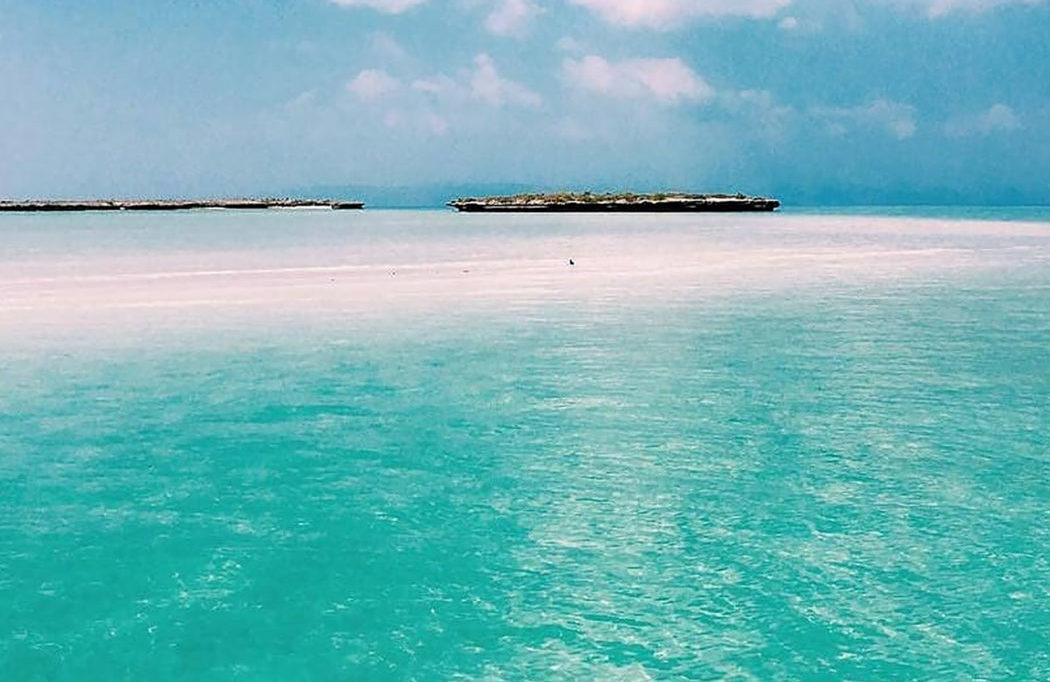
Rest, Holidays, tanning, diving, snorkeling…. The choice is varied on these paradise islands.
Moucha and Maskalli islands are only 45 minutes from the capital. By going by speedboat, we undoubtedly have the opportunity to afford a very nice maritime excursion from the city. In addition to beautiful fine sandy beaches, these rocky islets are home to surprising mangroves, mangrove forests that plunge their long roots into salty waters.



